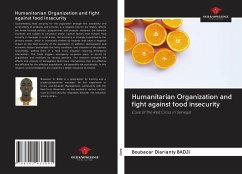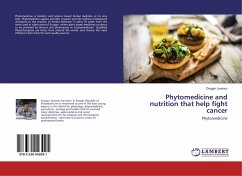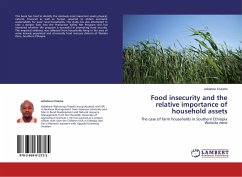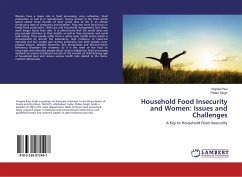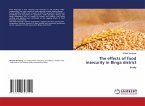Guaranteeing food security for the population through the availability and accessibility of products and services is a regalian role for our States. Efforts are made through policies, programmes and projects. However, the Sahelian countries are subject to structural and/or cyclical factors that hamper food security. In Senegal, in rural areas, the economy is strongly supported by the primary sector, which is constantly shaken by hazards that have a negative impact on the food security of the population. In addition, demographic and economic factors exacerbate the living conditions and situation of the poorest households, putting them in a food crisis situation requiring emergency intervention. The State triggers emergency response plans to assist its populations and mobilizes its various partners. Our research analyses the effects and impacts of Senegalese Red Cross interventions that are effective and efficient for the affected populations, but generally not sustainable. In this respect, recommendations are made for a better response to shocks.
Hinweis: Dieser Artikel kann nur an eine deutsche Lieferadresse ausgeliefert werden.
Hinweis: Dieser Artikel kann nur an eine deutsche Lieferadresse ausgeliefert werden.

